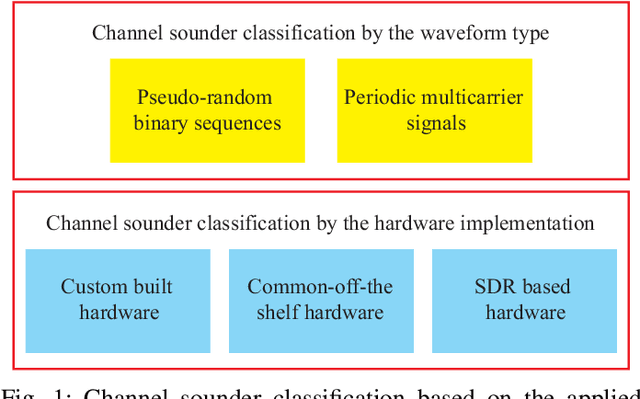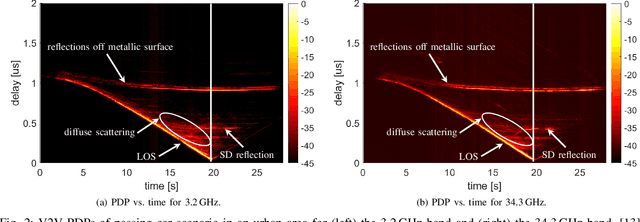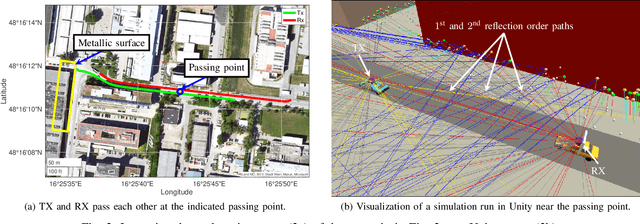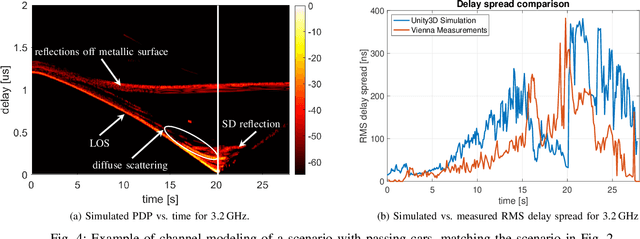Methodologies for Future Vehicular Digital Twins
Paper and Code
Dec 15, 2023



The role of wireless communications in various domains of intelligent transportation systems is significant; it is evident that dependable message exchange between nodes (cars, bikes, pedestrians, infrastructure, etc.) has to be guaranteed to fulfill the stringent requirements for future transportation systems. A precise site-specific digital twin is seen as a key enabler for the cost-effective development and validation of future vehicular communication systems. Furthermore, achieving a realistic digital twin for dependable wireless communications requires accurate measurement, modeling, and emulation of wireless communication channels. However, contemporary approaches in these domains are not efficient enough to satisfy the foreseen needs. In this position paper, we overview the current solutions, indicate their limitations, and discuss the most prospective paths for future investigation.
 Add to Chrome
Add to Chrome Add to Firefox
Add to Firefox Add to Edge
Add to Edge